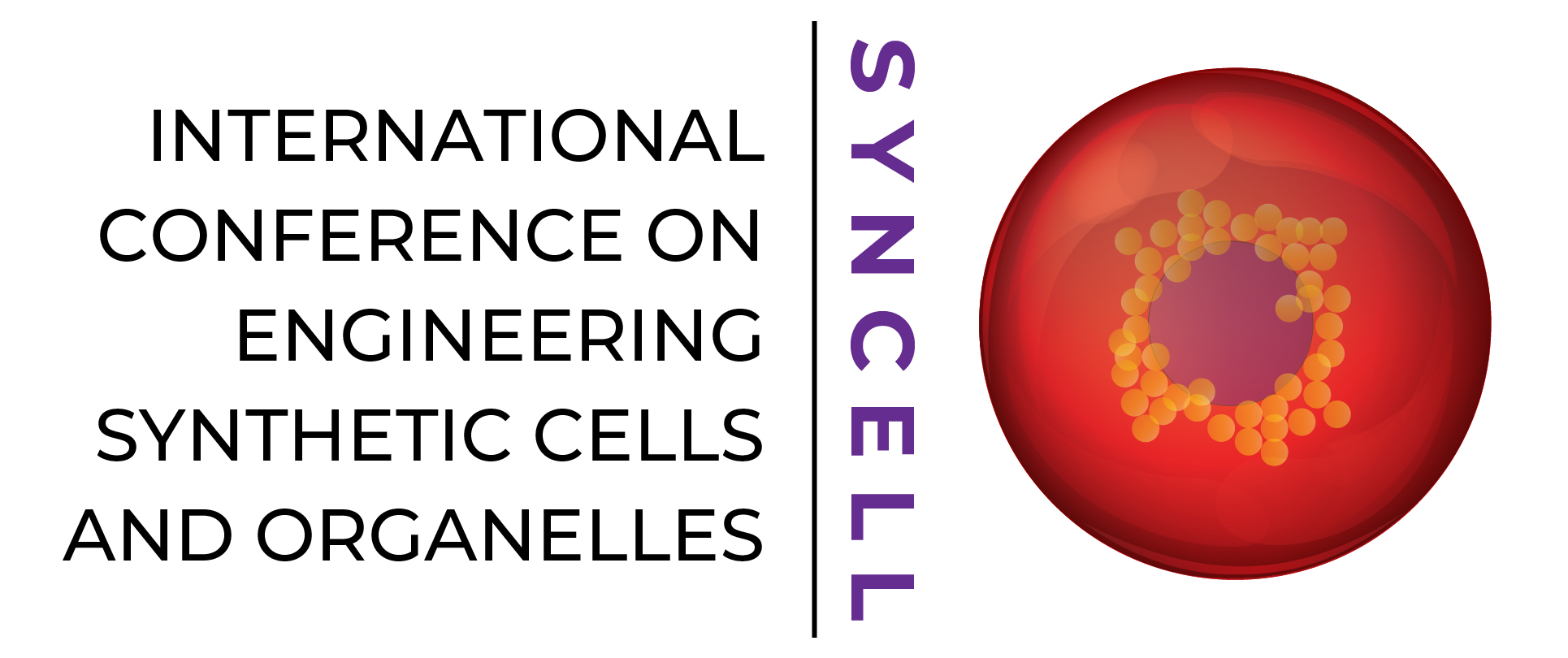
Cell free operating systems for diagnostics
Presented by: Andrew Ellington
University of Texas
Featured Talk
Abstract
ANDREW ELLINGTON
Title: Cell free operating systems for diagnostics
Sanchita Bhadra, Vylan Nguyen, Jose-Angel, Torres, Shaunak Kar, Stella Wang, and Andrew D. Ellington
Center for Systems and Synthetic Biology University of Texas at Austin, Austin, TX 78703
Strand exchange nucleic acid circuits are an example of a complex computational paradigm that can be readily developed in a cell free environment. While some strand exchange circuits can operate even in the absence of enzymes, replication, transcription, and translation can be readily adapted to participate in computations in a cell-free format. In consequence, we have developed strand exchange circuits that carry out multi-layered computations on amplified nucleic acids, and that can be readily used at point-of-care. Based on our work, we have developed working diagnostics that can detect small numbers of nucleic acid analytes for a wide variety of disease states with little or no upstream purification, and will report progress in distributing these in educational and commercial settings, in the United States and in partnership with institutions in Africa. One of our greatest successes is a diagnostic that can in a single reaction calculate and output the presence of virtually any Zika virus variant, while excluding related viruses. As an adjunct to these approaches, we have begun to turn the traditional paradigm for cellular biosensors on its head by using cells solely as factories for the production of reagents, and integrating lyophilized cells directly with cell-free strand exchange circuitry: in this model, cells become otherwise inert bags of enzymes that serve as inputs for nucleic acid devices, rather than the other way around. As these utility of these methods continues to expand, we have found that nucleic acid circuits can be ‘stacked’ into functional networks, and are exploring cell-free neural net classifiers for disease states.
